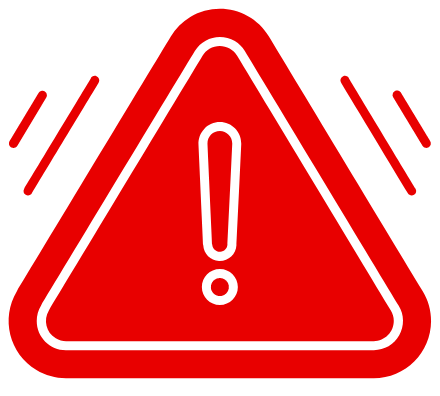When disaster strikes, how to talk with children

Talking With Children About Disasters
Kids can better cope with a disaster when they feel they understand what is happening and what they can do to help protect themselves, family, and friends. Give them basic information to help them understand, without providing unnecessary details that may only alarm them.
- Very young children: Provide concrete explanations of what happened and how it will affect them ( a tree branch fell on electrical wires and that is why the lights do not work, for example). Let children know there are many people who are working to help them and their community to recover after a disaster (such as repair crews for the electric company, or firefighters, police, paramedics, or other emergency personnel). Share with them all of the steps that are being taken to keep them safe; children will often worry that a disaster will happen again.
- Older children: They will likely want, and benefit from,more information about the disaster and recovery efforts. No matter what age, start by asking children what they already know and what questions they have and use that as a guide for the conversation. Limit media coverage of the disaster—if children are going to watch media coverage, discourage watching it live. Instead, try to preview the coverage and then watch along with them to answer questions and help them process the information.
Getting basic information about what happened so that they can understand what is happening in their world can help children. But remember, graphic details or disturbing images or sounds may only serve to alarm them.
In fact, the aftermath of a crisis is a good time to disconnect from all media and sit down together and talk as a family.
Be sure to ask children what questions or concerns they have. Often they have fears based on limited information or because they misunderstood what they were told.
Reassure children when able to do so, but if their fears are realistic, do not give false reassurance. Instead, help them learn how to cope with these feelings.
Article from: Talking to Children about Disasters. American Academy of Pediatrics